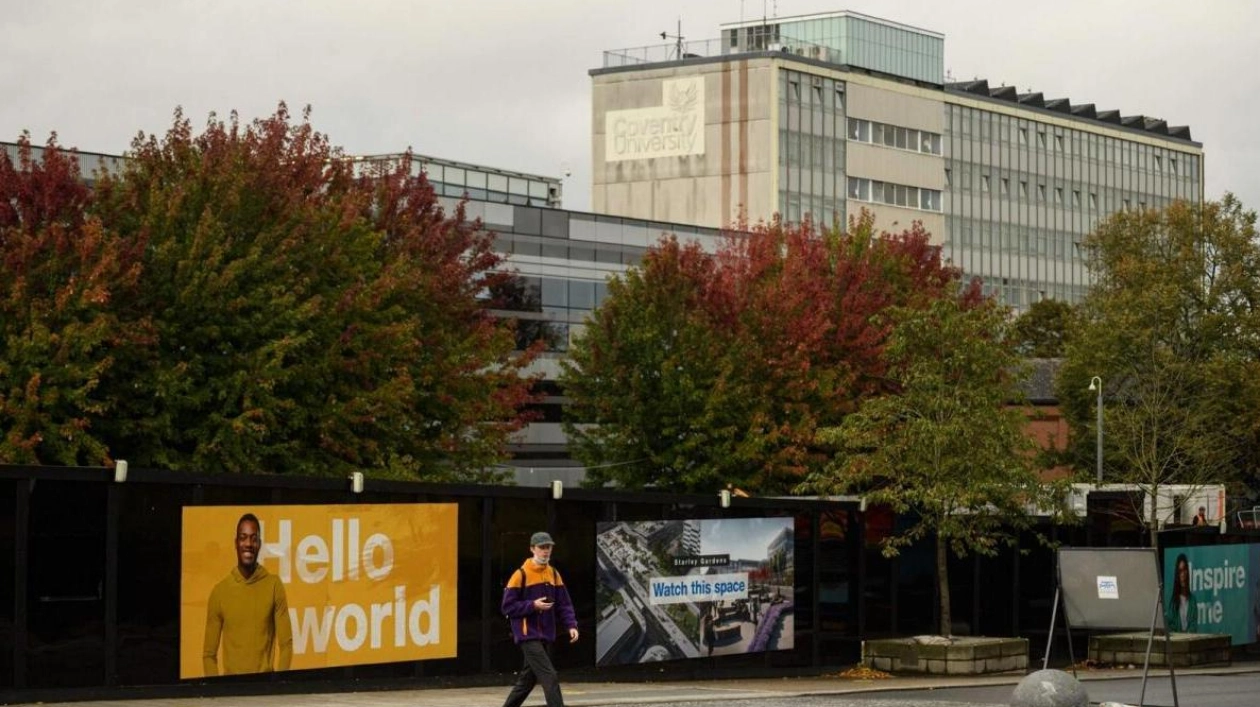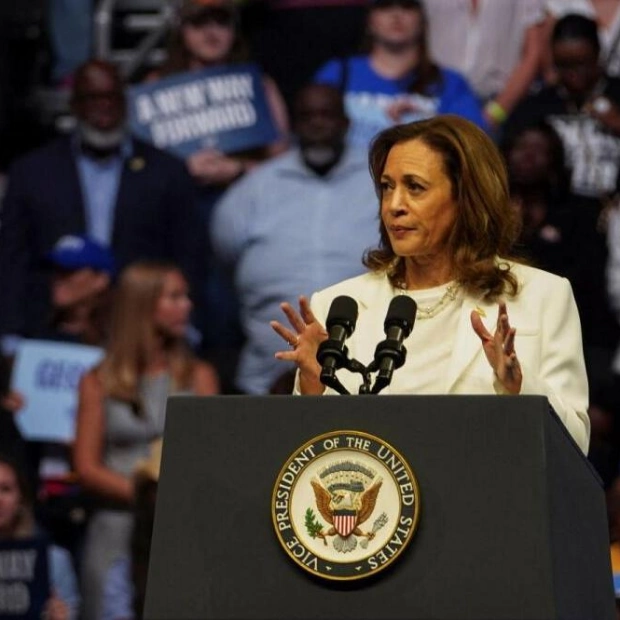A man strolls by the Coventry University campus buildings as the new academic year commences in Coventry, central England, on September 23, 2020. — AFP file
UK universities, renowned globally for their prestige, are now grappling with a decline in international student enrollment due to stringent visa restrictions, significantly impacting their financial health. These restrictions are exacerbating the issues stemming from the UK's exit from the European Union four years ago. In 2022, nearly 760,000 foreign students were enrolled in British universities, positioning the UK as the second most popular destination after the US in a fiercely competitive market. The majority of these students hail from India, followed by China and Nigeria. However, last year saw a 5% drop in student visas, with a 16% decline in applications between July and September compared to the previous year. This downturn is a significant concern for higher education institutions, as international students pay substantially higher fees than their British counterparts.
Leo Xui, a 20-year-old Chinese student, began his studies in population and health sciences at University College London in September. "It's beneficial for my career," he said about studying abroad, looking forward to applying for foreign companies upon his return to China. His annual fees amount to £31,000 (37,200 euros), whereas British students in England have been paying a maximum of £9,250 since 2017. The newly elected Labour government recently announced an increase in the cap to £9,535 from next year, a move welcomed by universities that have long sought an increase.
Universities UK (UUK), representing 141 British higher education institutions, cautioned at its September conference that funding per student is at its lowest since 2004. UUK estimates that the £9,250 fee is worth less than £6,000 due to inflation, resulting in deficits in teaching and research. "We are all feeling the pinch," stated UUK president Sally Mapstone. Universities have increasingly relied on foreign students to fill budget gaps, with some institutions becoming financially dependent on them. A parliamentary report reveals that foreign students constitute over half of the student body at London's University of the Arts and Cranfield University, a science and engineering institute near the British capital. The Financial Times reported earlier this year that some universities, like York, have relaxed admission criteria to attract more international students.
However, the previous Conservative government, ousted in July, complicated matters by imposing visa restrictions aimed at reducing record levels of regular migration. These restrictions included barring foreign students from bringing family members, with few exceptions, and preventing them from switching to work visas while studying. Official statistics show 30,000 fewer overseas applications in the first four months of 2024 compared to the same period in 2023. "These figures confirm our fear that the previous government's changes have made the UK a less appealing study destination," said Nick Hillman, director of the Higher Education Policy Institute think-tank. Ian Dunn, provost of Coventry University, where over a third of the 30,000 students are international, described the Tories' narrative as "very damaging." The university has already felt the impact of Brexit, with a significant drop in EU students.
A lecturer at another English university, speaking on condition of anonymity, revealed that teaching positions and courses have been cut due to the decline in international students. "The drop has severely worsened our crisis," she said. Some students have opted for Canada, Australia, or the Netherlands, where courses are taught in English. Coventry University has found a solution by partnering with institutions abroad to establish campuses in countries like Egypt, Morocco, India, and China. Students completing their studies at these campuses still receive a degree from Coventry University, even if they never set foot in the UK.
Source link: https://www.khaleejtimes.com






